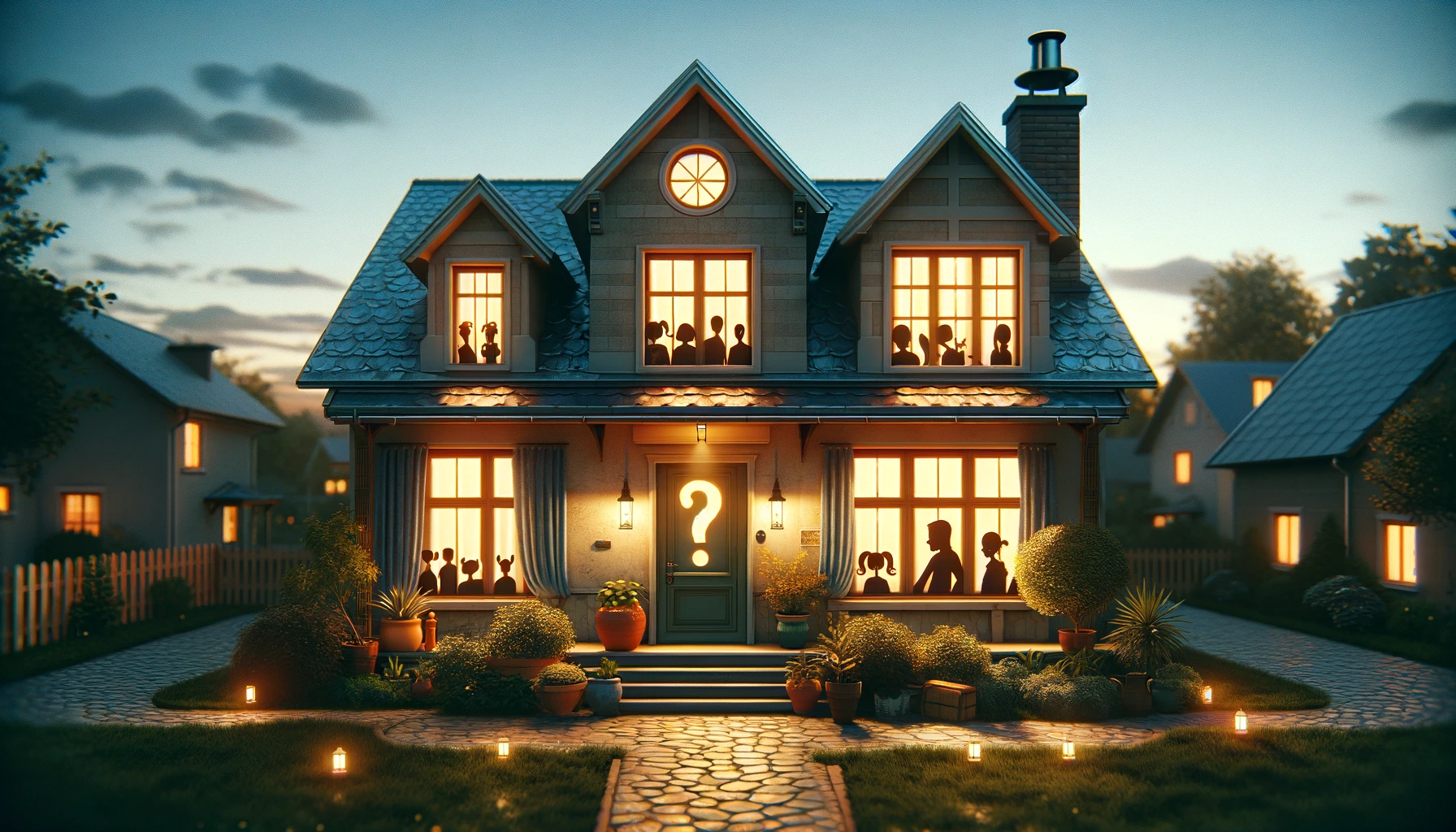Guess who could benefit from secondary glazing
Does it have incredible thermal insulation? Does it have unmatched noise reduction? Is it quick and easy to install? Can it provide additional security? If the answer was yes to all, then you’re looking at secondary glazing.
Do listed buildings need secondary glazing?
If you’re looking to improve the performance of a listed building your options can feel extremely limited. Adding any alteration to the exterior of the property can be a lengthy process with plenty of red tape to navigate. Even after getting consent to do any work on the property there’s a number of changes that are completely off limits.
Old windows have a tendency to let all the warmth out, which is especially noticeable when the weather takes a chilly turn. Minor improvements such as double glazing are completely off the cards for most listed buildings. Thankfully secondary glazing is an easy and effective solution to all common problems.
Incredible thermal insulation and unmatched noise reduction mean that you’ll create all the comfort of a modern home while maintaining the style of a classic one.
Do hospitals need secondary glazing?
Patient care is (and should always be) the top priority of a hospital. Whether they’re in for hours, days, or weeks it is crucial that they are in a safe and comfortable environment. Our secondary glazing naturally reduces noise from outside, and when installed with acoustic laminate glass provides up to 54dB of noise reduction.
Cleanliness is of paramount importance to healthiness. By providing a seal from the outside world, you also significantly reduce the amount of dust, dirt and any other nastiness that you’d rather keep out. This will also reduce the amount of cleaning hours needed, ensuring that the hospital remains a safe and sterile place to recover.
We also have options available for smart privacy glass. With the flick of a switch, smart privacy glass changes from transparent to opaque. This reduces visibility from those outside and gives medical staff and patients the privacy they need. See it in action here.
As hospital buildings tend to be larger, a full scale replacement of windows would be both costly and wasteful. Secondary glazing ensures a significant reduction on your carbon footprint while causing minimal disruption for staff and patients.
Do churches need secondary glazing?
Across the country we have over 40,000 churches. These buildings are often landmarks or iconic through their stylish designs or impressive size. However as anyone who’s spent time in one will tell you, they’re rarely warm!
Replacing windows, especially stained glass is more than a shame – it’s a waste. Thankfully with secondary glazing, there’s no need to remove your existing ones. With made to measure bespoke frames, we can match any shape and size. Without wasting existing windows, our secondary glazing is carbon neutral within 1 year of being installed.
Additionally your heating bills will be cut dramatically, meaning that parishioners will no longer be rubbing their hands together to stay warm.
Do schools need secondary glazing?
Disruption to your studies can be hard to recover from. The Education Regulations of 2012 recommend that all schools and other centres of learning should have rooms that block out sound. This ensures students remain engaged in their lessons and free from distractions.
With secondary glazing, you can have incredible noise reduction of up to 80%. With such an incredible improvement to the quality of the learning environment, you’ll quickly be able to see more engagement from pupils and less scope for distraction.
With hundreds of students in one space, fragile things rarely last long. Our durable frames are built to last and offer additional security and comfort to your buildings. Even if your school is a listed building, it can be fitted with secondary glazing. On top of this, our frames are available in over 200 RAL colours which allows you to pick the colour that best suits your school.
Do hotels need secondary glazing?
Noise is the most common complaint in a hotel. This makes sense as the primary reason that most people use hotels is to have a place to sleep while they’re away from home. With the idea of precious hours spent in an unfamiliar surrounding, even the smallest noise can have a detrimental impact on that coveted good night’s sleep.
To save yourself from bad reviews, you should consider secondary glazing. Its superb noise reduction will block out up to 80% of external noise and allow for the tranquillity that your guests deserve. As an additional benefit, you’ll be able to save heating costs thanks to secondary glazing’s thermal insulation.
By removing these common complaints you can spend your time and effort ensuring a brilliant stay for your guests.
Do commercial buildings need secondary glazing?
Whether you’re upgrading offices or apartment block conversions, new windows can be a costly and disruptive process. If you choose to replace windows any higher than the ground floor, you’ll need scaffolding, road closure, and a disruption to the daily operations inside. All of this inconvenience lasts from the moment of taking the windows out and all the way through to completion of the job.
With secondary glazing, there’s no scaffolding, no road closures, and very little disruption. By not needing to dispose of waste windows, you’ll achieve net zero on the installation in no time flat. This is especially good if you’re looking for measurable ways to improve your performance in achieving ESG goals. Combine all of the above with the thermal, acoustic, and security benefits and you’re left with significant improvements to the building that will create a better quality of life for years to come.
In our humble opinion, there isn’t a single type of property that wouldn’t benefit from the benefits of secondary glazing.
Get in touch today and see how secondary glazing could help you.
Download this handy guide to find out how secondary glazing can positively impact your home.
